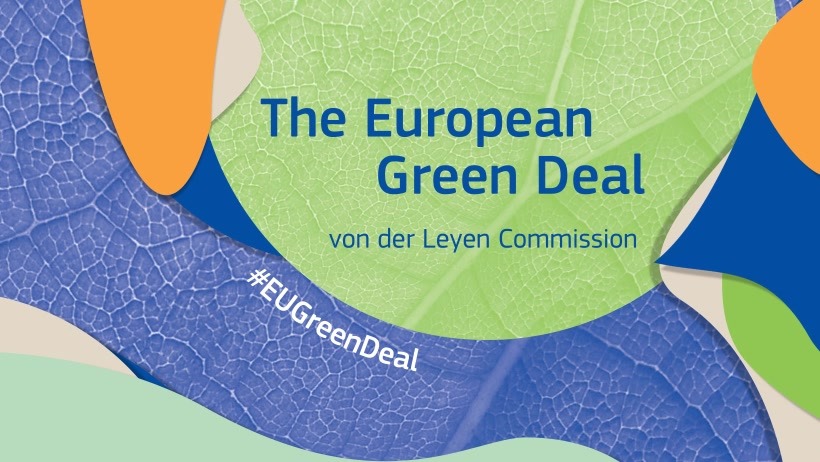EU raw materials push aims to underpin Green Deal, digital ambitions
23/09/2020

Increasing the EU’s domestic supply of critical raw materials and cutting external dependencies got top billing in a new European Commission strategy on Thursday (3 September), as the bloc started to get serious about its Green Deal and digital agenda.
The EU’s environmental push wants to bet big on renewable energy, electric vehicles and the circular economy, slashing demand for fossil fuels and unsustainable manufacturing. But the Union currently lacks the building blocks to build its green edifice.
Today, the European Commission took a first step towards changing that by announcing a new industrial alliance – modelled after an existing platform focused on battery production – that will aim to “increase EU resilience in the rare earth and magnet value chains”.
Due to launch at the end of the month, the European Raw Materials Alliance will first be geared towards materials primarily needed in the renewable energy, defence and space sectors, before potentially expanding to cover other needs over time
“A secure and sustainable supply of raw materials is a prerequisite for a resilient economy,” said Commission Vice-President Maroš Šefčovič, who added that “we cannot allow to replace current reliance on fossil fuels with dependency on critical raw materials.”
To that end, the EU executive also published an action plan on raw materials, which aims to “develop resilient value chains”, reduce dependencies by boosting circular economy efforts and strengthen domestic production while diversifying its portfolio of third-party producers.
The EU’s supply of numerous key materials is heavily concentrated. For example, the bloc gets 98% of its rare earth elements from China, 98% of its borate – used in detergents – comes from Turkey and 71% of platinum is sourced from South Africa.
Read the full article on Euractiv HERE
